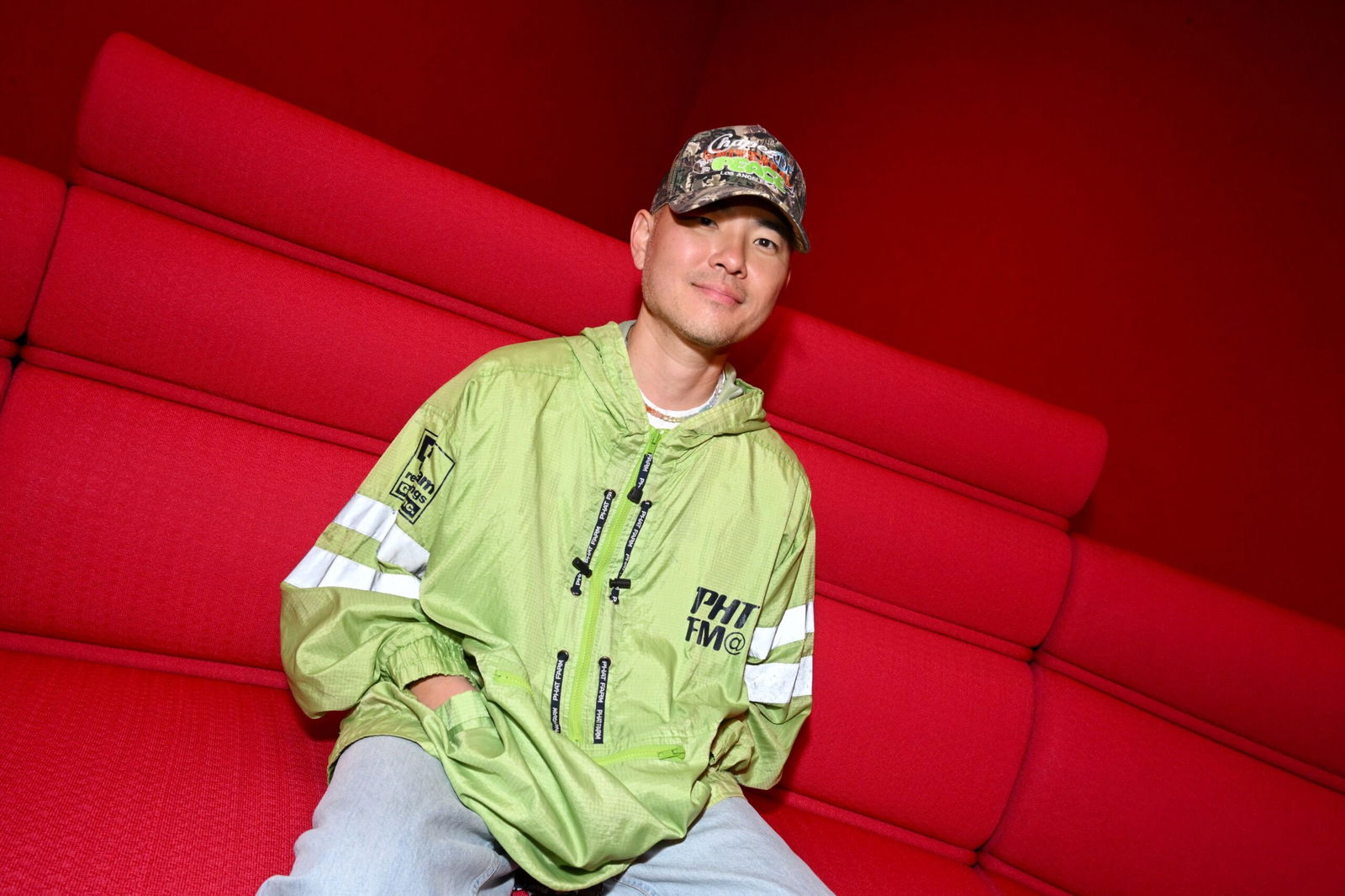‘It’s about finding something nobody else has’: The LA entrepreneur selling good taste to young collectors

Founder of the online marketplace Basic.Space
By Oscar Holland, CNN
(CNN) — The worlds of art, luxury and design have long fixated on the elusive “young collector” — Gen-Z and millennial buyers whose shopping habits and status signifiers will drive spending for decades to come.
The matter of where to reach them — online — is self-evident. Beyond that, however, lie existential questions for ailing auction houses, mega-galleries and the other traditional gatekeepers of collecting. What do under-40s want on their walls and mantelpieces? What are their status symbols? In other words, what now constitutes good taste?
For Korean American entrepreneur Jesse Lee, self-described “geriatric millennial” and founder of the online design marketplace Basic.Space, the answer is simple enough: uniqueness.
“Good taste is about finding something nobody else has, whether it’s a vintage car, some furniture pieces or up-and-coming artists from New York or Korea that no one has heard of,” he said over the phone, citing the meteoric rise of vintage fashion as further evidence. “The reason why I think millennial and Gen Z consumers are going to become more immersed in both design and art is that they still have that discovery element.”
Founded as an invitation-only app in 2019, Basic.Space’s offering spans one-off fashion pieces, rare sneakers, furniture, ceramics, objets d’art and much more. Six-figure sofas and a bejeweled $110,000 Casio G-Shock watch are listed alongside $30 candles and $500 vases.
Despite this apparent variety, the platform positions itself as “obsessively curated,” having launched with just 100 hand-picked sellers — “influencers” with a combined social media following of over 50 million, including boutique designers and pop culture figures like DJ Steve Aoki. Tennis star Naomi Osaka and the late Virgil Abloh have gone on to sell their creations (a range of face masks and limited-edition furniture, respectively) on the site.
This model is rapidly changing. Two years after Basic.Space launched, New York’s David Zwirner Gallery unveiled its own online art marketplace, Platform. It, too, was premised on exclusivity, initially offering just 100 works by emerging contemporary artists a month. Today, its selections remain squarely aimed at entry-level collectors: prices range from $2,500 to $50,000, and the website’s FAQ frankly posits a question that seasoned art aficionados would be far too embarrassed to ask: “How do I know these are ‘good’ works of art?”
“None of us want to consume, shop or even listen to the music that our parents did, right?” Lee said. “So, if you look at luxury as a whole — whether it’s fashion, design or art — the real players essentially started this model 40 years ago. There was a certain way to shop, whether that was buying art at auction houses or going to department stores.”
As with Basic.Space, the answer boils down to expert curation. And on Thursday, Lee announced that he will acquire Platform for an undisclosed sum. “It felt like a really good marriage,” he said of the move.
For all their evident overlap, the two marketplaces serve different crowds — even as the boundary between art and design blurs (Basic.Space also sells art, while Platform has expanded into fashion and design objects). Platform’s co-founders — Bettina Huang and the gallerist David Zwirner’s children, Lucas and Marlene Zwirner — will stay on at the company. “They’re the experts,” Lee said, adding that the trio’s “credibility factor” underpins collectors’ faith in Platform’s art selections.
The three were not actively seeking to sell the company, Lee added. “But I sold them on a vision of what I think Platform could be.” That vision is, he said, still centered on “championing emerging artists for emerging collectors” at “a price point that’s accessible.” But the LA-based entrepreneur also hopes to reach new customers through in-person events and “experiences” — a reflection of a growing business empire that deftly straddles the digital and physical worlds.
In 2023 Lee’s company acquired Design Miami, a major collectors’ fair with editions in Paris, Los Angeles and Basel, Switzerland. The move was widely viewed as a chance for Design Miami to digitalize and reach younger audiences, with Basic.Space promising to introduce “a robust e-commerce strategy.” But Lee also clearly values meeting collectors face-to-face. He was speaking to CNN on the phone from Seoul, South Korea, where Design Miami is hosting a two-week pop-up event as part of its “In Situ” initiative.
Though the event is focused on Korean collectible design, Lee said that — more than ever before — collecting trends and aesthetic tastes transcend borders. Unlike in previous generations, young people consume much of the same cultural content online, wherever they may be. “I think the world’s getting smaller and smaller,” he said. “When I’m in Seoul, I feel like the energy is not much different than in Paris or New York.”
“All of us yearn for the ability to discover something new and different.”
The-CNN-Wire
™ & © 2025 Cable News Network, Inc., a Warner Bros. Discovery Company. All rights reserved.



